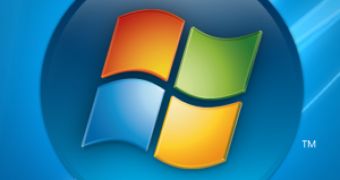All hell will break loose on the Mac and open source platforms, forecasts Eugene Kaspersky, the head of virus research at Kaspersky Lab. Kaspersky predicted that a significant rise in virus attacks is growing in momentum with the Mac OS X and Linux as the main targets.
According to Eugene Kaspersky, the general availability of Windows Vista will only contribute to increasing the profile of the Mac OS X and Linux platforms, bringing the two operating systems on the attack list. The head and co-founder of Kaspersky Lab is basing his predictions on the mute reception that Windows Vista got. He claimed that customers are in fact driven away from the Windows platform and to alternative operating systems.
Kaspersky does not believe that uses are inherently loyal to the current operating system that they use, and as a direct result of Windows Vista lack of Wow satisfaction, Mac and Linux will gain market share. In Kaspersky's vision, Microsoft's dominance over the operating system's market will only be eroded by Windows customers switching over to Mac and Linux, and the Redmond Company will not be displaced from its position.
In this context, Eugene Kaspersky stated that while fighting Windows, Mac and Linux malware are comparable tasks, Mac comes with the largest handicap. Anti-virus experts for non-Windows platforms are hard to come by, in fact they are an elusive specimen altogether, still more developers are focused on open-source than on Mac.
Windows Vista will also become a predilect target for attacks, as the operating system's market share will grow at the expense of Windows XP. But Windows Vista inherits XP's baptism of fire, and is a platform that delivers superior security compared to its direct predecessor. Kaspersky commented that Windows Vista's main downside is in the fact that the security industry is not as yet offering comprehensive solutions for it. Kaspersky clearly indicated that Microsoft's is to blame due to the fact that it has made the operating system less flexible for its security partners.

 14 DAY TRIAL //
14 DAY TRIAL //